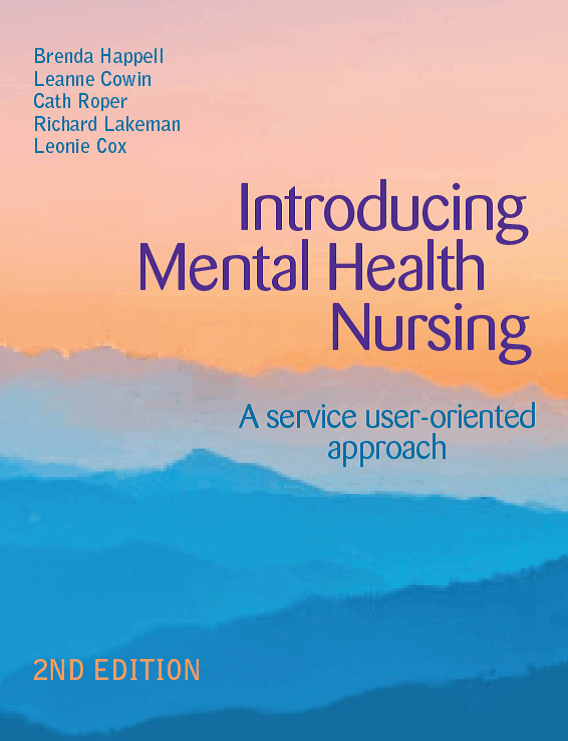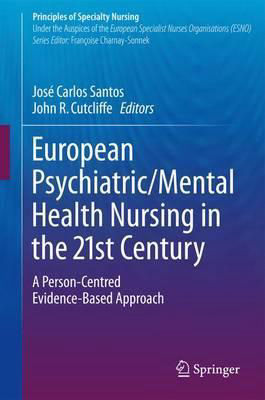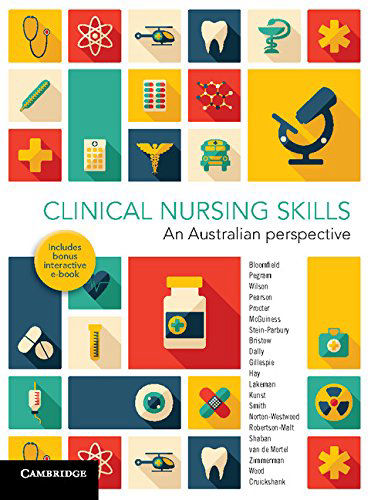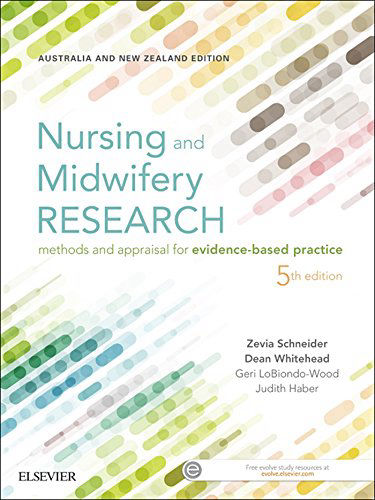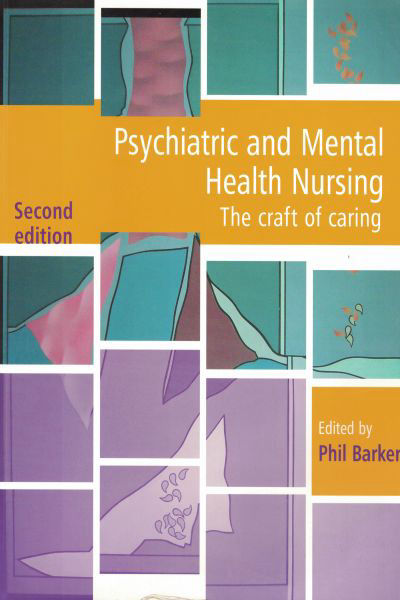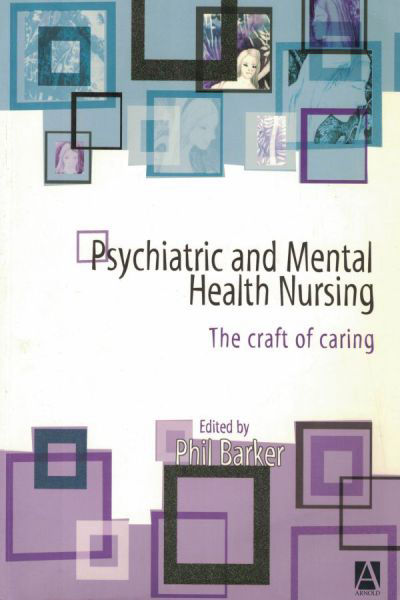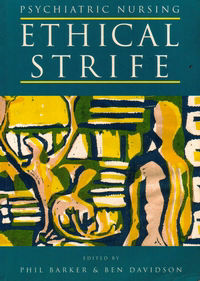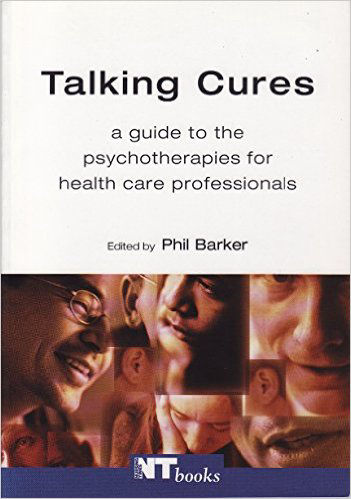Lee, M., Massey, D., Nasrawi, D., & Lakeman, R. (2025). The Hidden Costs of Leadership: Occupational Stress in Middle and Senior Academic Roles. In C. K. Howson, C. Hughes, & M. Tight (Eds.), Exited: Terminated from Higher Education (Vol. 16, pp. 0). Emerald Publishing Limited. https://doi.org/10.1108/s1479-362820250000016010
Occupational stress – the demands and stressors experienced by individuals in their work environment – is a global concern for academic staff working in higher education. This is particularly pertinent for those in middle and senior academic roles who experience unique stressors compared to early career academics. These unique stressors include, but are not limited to, added responsibilities such as staff and student relationship management, conflict resolution, managing digital tools and balancing multiple roles, such as research, teaching, service and mentorship, exacerbated by feelings of inadequacy and the need to outperform peers for recognition. A shift from teacher-led to consumer-led models has increased occupational stress in this population due to heightened workloads, performance evaluations and job insecurity. Impacts of occupational stress for middle and senior academics involve decreased productivity, high staff turnover and increased physical and psychological symptoms, such as depression and anxiety. Recommendations for universities to mitigate occupational stress in middle and senior academics include enhancing professional development, flexible workplace policies, clear role expectations, promoting work–life balance and providing social support and mentorship.
3 days ago
Lakeman, R. (2025) Empathy and the care of people experiencing psychosis. In A. Barrera (ed). Empathy in Clinical Psychiatry and Mental Health Care (pp. 113-126). Oxford University Press. https://doi.org/10.1093/med/9780198917328.003.0010
When Carl Rogers famously hypothesized the necessary and sufficient conditions for therapeutic change (1) he perhaps did not have psychosis at the forefront of his mind. Rogers emphasized the pivotal role of empathy in fostering personal growth and invited the therapist to enter the client’s private world, being sensitive to changing meanings and developing a deep intuitive grasp of the client’s emotions and experiences. Empathy, and in particular the therapist’s ability to perceive the internal frame of reference of the client with nuanced accuracy and to communicate this back to the client, was fundamental for the goals of therapy, which were principally around personality growth. Empathy is a deliberate rather than passive process and involves perceptual, cognitive, emotional regulation, and communicative processes. To be usefully employed in the process of helping (and as discussed in this chapter), empathy is a communicative process. It involves an understanding of another’s experience (including thoughts and feelings), which is communicated to the person in a congruent, non-judgemental way that makes a difference to them....





